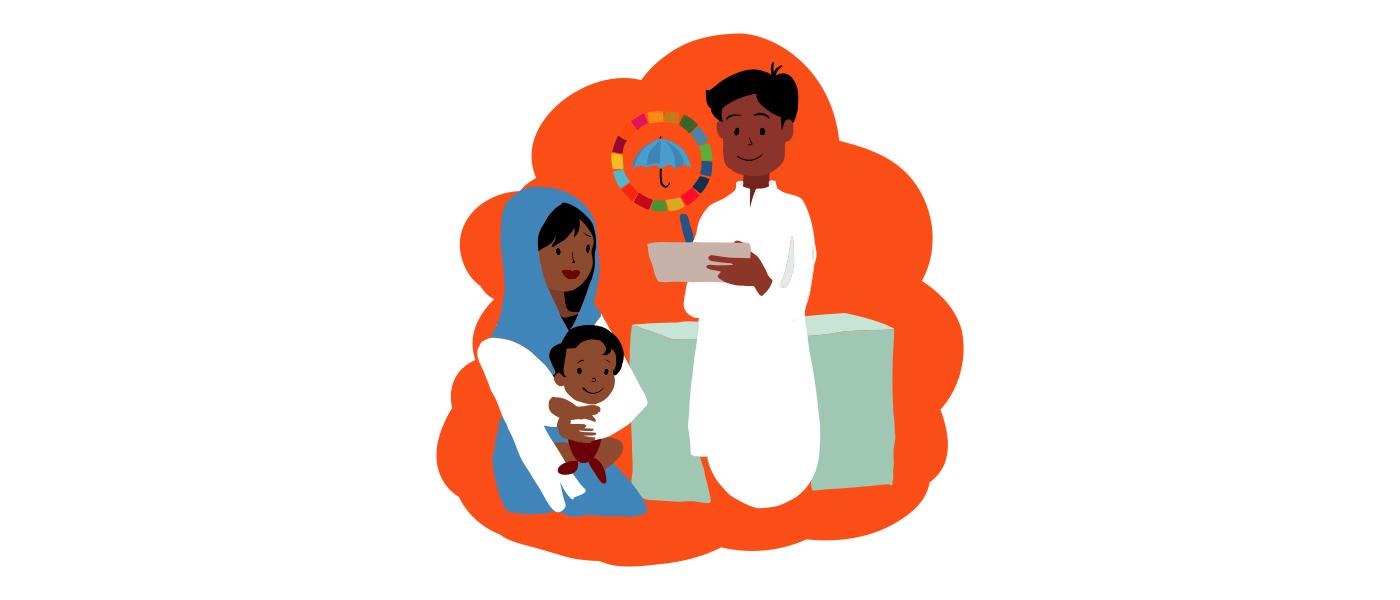
Social protection for people affected by tuberculosis: an introduction
This course will introduce you to the concept of social protection, its role in ending the TB epidemic, the different forms of social protection, and the evidence for the impact on TB.
Although social protection is a human right, most of the global population is not yet covered by any form of social protection, leaving billions of people outside the welfare system.
Social protection and poverty alleviation are also key components of the End TB Strategy; however, most countries are not yet including social protection in the programmatic response to TB in a comprehensive and sustainable way.
- Describe the concepts and definitions used in social protection;
- Outline the determinants of TB and their impact on the global response;
- Explain the role of social protection in the context of the End TB strategy;
- Compare TB-sensitive and TB-specific approaches for implementing social protection for people affected by TB;
- Summarize the key evidence on the potential impact of social protection on the TB epidemic.
The content of this course has been validated, verified, and is owned by the WHO Global Tuberculosis Programme. This course is not a WHO Academy co-produced course. In case of any concerns or feedback on the course content, please share your feedback in the survey form at the end of this course.
This e-learning course was developed to provide essential knowledge for anyone interested in social protection in general and for people affected by tuberculosis. Therefore, the course may be of interest to ministries of health, other ministries, national TB programmes, technical agencies, NGOs, consultants, WHO staff, and health workers.

